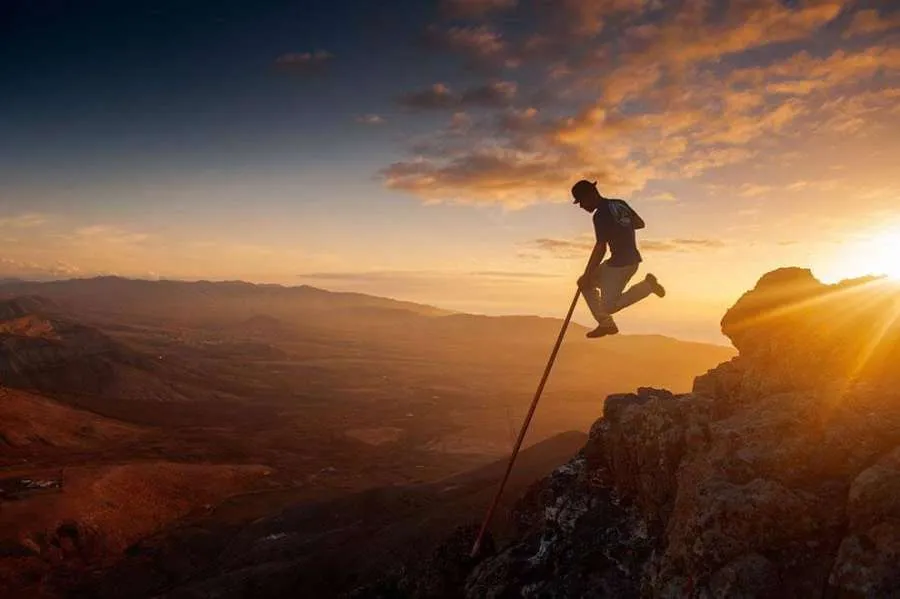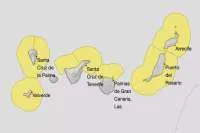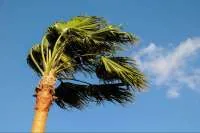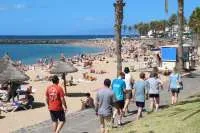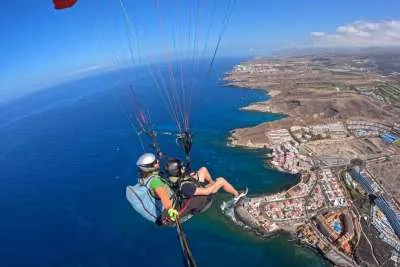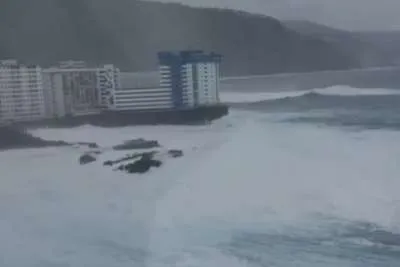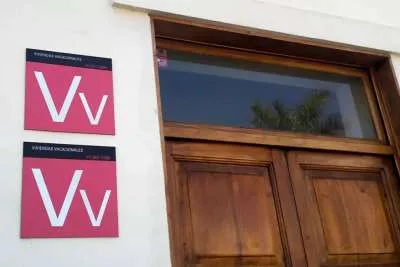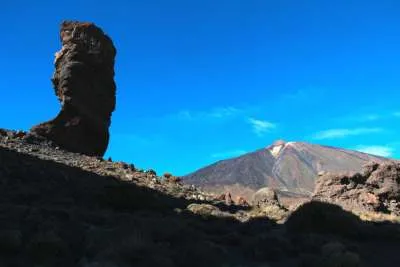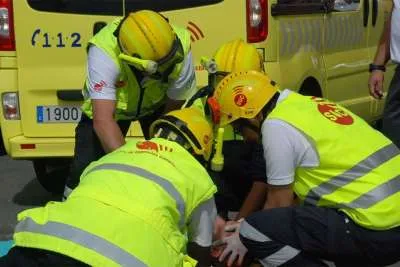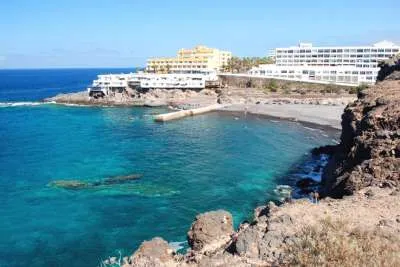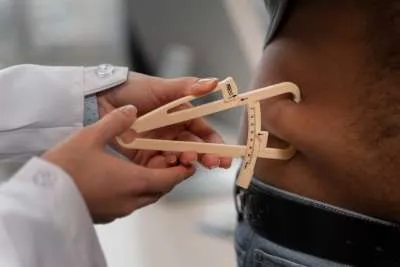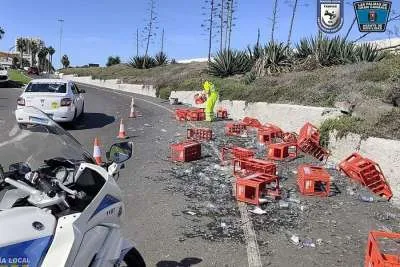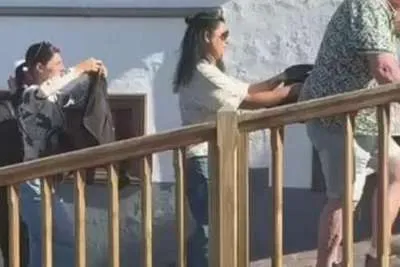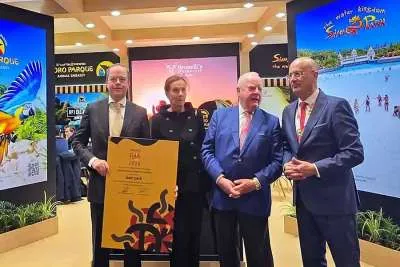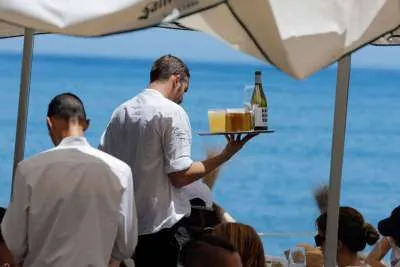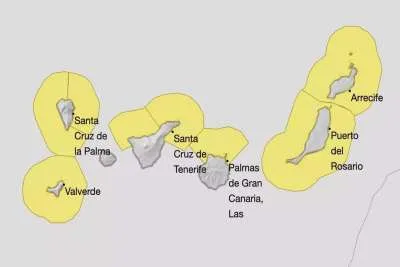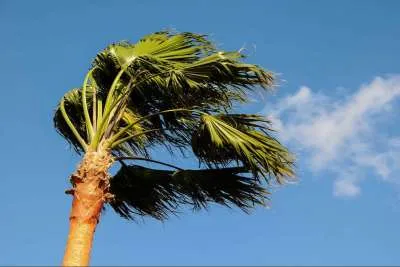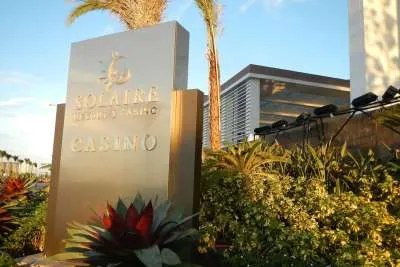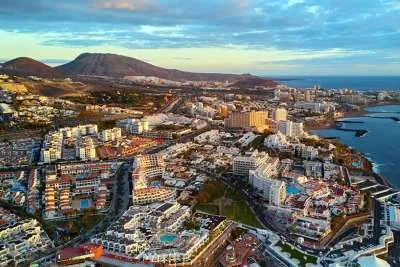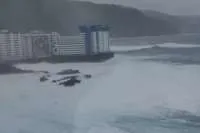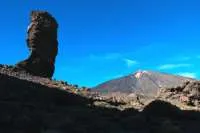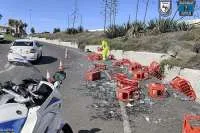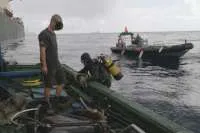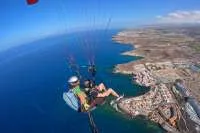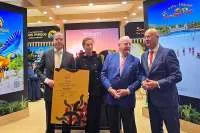Sport Meets Culture: Traditional games still played in the Canary Islands
- 30-10-2025
- National
- Canarian Weekly
- Photo Credit: Hello Canary Islands
For most people, picturing the Canary Islands, they think of soft, sandy beaches, sunshine, and ocean views. But the islands have so much more to offer than just lazing the days away. For centuries, Canarians have practised traditional sports that carry stories from the past. These games grew out of daily life, and they remain a living link between generations.
Although the islands are part of Spain, they have their own heartbeat. Each island has a slightly different mix of influences from Africa, Europe, and Latin America. That combination shaped a sporting culture based on strength, skill, and respect. In small towns and coastal villages, these sports are still taught, watched, and celebrated as a proud part of Canarian identity.
Lucha Canaria: The Island’s Wrestling Pride
Around the world, people enjoy sports in many ways, whether by joining local teams, streaming matches, or even following global events through different platforms. Some fans who want broader access look into international options, such as bookies not on Gamstop platforms, for example, to wager on local and international sporting events. These sites tend to offer competitive odds-on popular sporting leagues like the Premier League, United Nations Rugby, and even local sports like wrestling, football, and cricket. In the Canary Islands, though, the focus remains closer to home. Here, sport is more about connection and culture than competition or betting. It is part of the community’s rhythm of life.
The best-known traditional sport in the Canary Islands is Lucha Canaria, or Canarian wrestling. It looks simple, but it takes a lot of sporting prowess. Muscle strength and balance, and strength are vital components. Two wrestlers step into a circular sand ring called a terrero. Their goal is to make their opponent touch the ground with any part of the body other than their feet.
What stands out is the atmosphere. Matches are filled with excitement and energy. Lucha Canaria is now part of the physical education curriculum in many schools, which ensures that the tradition continues to grow from one generation to the next.
Juego del Palo: The Art of the Stick
Juego del Palo, which translates to “the stick game,” began long ago among island shepherds. They carried long wooden staffs to guide goats across rough volcanic terrain. Over time, the shepherds turned their everyday tool into a martial art focused on timing and control.
From the outside, it looks like a graceful dance. Two players move in rhythm, turning and striking with precision but never intending to harm. The goal is mastery, not aggression. Across the islands, clubs keep this practice alive, teaching young players to move with focus and discipline. It is a sport, a cultural symbol, and a lesson in patience all at once.
Salto del Pastor: Leaping Across History
Few sports are as daring as Salto del Pastor, or the Shepherd’s Leap. For centuries, Canarian shepherds faced steep cliffs and rocky landscapes. To move across them quickly, they used tall poles, often more than three meters long, to vault over cracks and descend slopes.
Today, this skill has become a celebrated sport. Practitioners use safety gear and follow strict techniques, but the spirit remains the same. Watching a skilled jumper move across a hillside feels like seeing history come alive. It is both athletic and poetic, showing how creativity helped the islanders adapt to their wild terrain.
Bola Canaria: A Relaxed but Competitive Game
Bola Canaria is one of the islands’ most social games, and it is played by all ages. It is similar to the French game pétanque. Players toss heavy metal balls, trying to land them as close as possible to a smaller target ball. What makes it special is that there is no age limit, and games are usually played in town squares or at the beach. This makes the game such a community-based sport. It always involves groups of friends laughing, discussing, and loudly cheering.
This game is especially loved by older residents who have played it since childhood, but younger players are taking it up again more seriously, thanks to the ongoing community development. Many towns hold competitions to encourage everyone to join in. It may seem simple, but Bola Canaria carries a quiet power and goes a long way to bring people together and strengthen neighbourhood ties.
Vela Latina Canaria, Sailing with a Twist
Gran Canaria is home to Vela Latina Canaria, or Canarian Lateen Sailing, a sport that combines skill, teamwork, and a long history of tradition. The boats used are small but have large triangular sails that catch the island’s strong trade winds. Crews have to work together in order to succeed at managing to balance speed and power, as they race around the coastline.
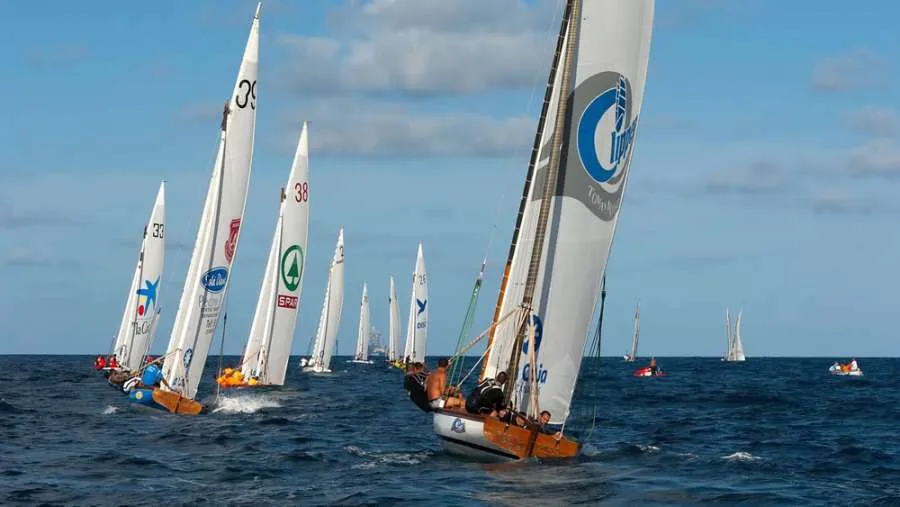
These races are a proud part of local festivals and tourism, often drawing crowds who gather along the shore to cheer the teams on. Vela Latina reflects the islands’ long connection to the sea, reminding everyone that life there has always depended on the ocean.
Even with the rise of modern entertainment and global sports, traditional games in the Canary Islands continue to thrive. Annual festivals showcase these traditions through demonstrations and friendly matches. Never forgetting the pride in a shared heritage that continues to shine through in everyday life.


